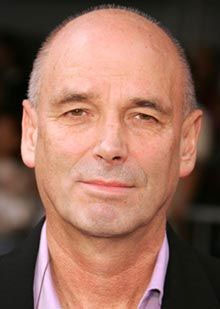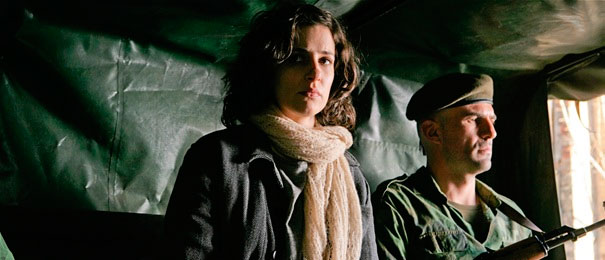Graduating from acting to directing is a logical progression for many actors, but it’s definitely not for the faint of heart. While a handful have risen to become celebrated directors, countless others have failed to deliver, making it a potentially risky gamble. The question begs: is it a feasible career transition or simply a risky move in the cinematic universe?
The acting profession, in all its glamour, fame, and reputation, offers plenty of power and influence. However, many actors crave a different kind of creative satisfaction — the kind that comes with painting a broader cinematic vision. But making the leap from acting to directing can be fraught with obstacles requiring not only broader vision but also creative insight, leadership skills, technical expertise, and a deep understanding of the moviemaking process.
Not every skilled actor has the expertise to control an entire production, which in itself is a high-pressure, multifaceted job. It’s not solely about creative decisions; it involves managing budgets, handling personnel, visualizing sets, editing scenes, and more. All these tasks could easily overwhelm an actor who has spent their career focusing only on perfecting their craft in front of the camera.
However, the leap isn’t entirely impossible. In fact, there have been several actors who made impressive directorial debuts worldwide. Ben Affleck, for instance, produced critically acclaimed movies like ‘Argo‘ and ‘The Town.’ And then there’s Clint Eastwood, whose directing career outshone his acting with movies like ‘Unforgiven‘ and ‘Million Dollar Baby,’ both of which earned him Academy Awards for Best Director. Angelina Jolie, George Clooney, and Greta Gerwig have also successfully transitioned, gaining respect and accolades in their new roles.
It’s notable that these actors-turned-directors often spent years studying the craft before making any attempts to direct. Their transition was not an overnight decision but a product of dedicated preparation and understanding of the craft from a broader perspective. Interestingly, their acting background often aided them in their new roles. For instance, actors typically have a deep understanding of character development and can employ this skill when directing.
So, can every actor transition into directing successfully? Not necessarily. For example, Keanu Reeves and Ryan Gosling, both acclaimed actors, dove into directing but failed to replicate their acting success. Their movies weren’t received well by critics or audiences, illustrating that a successful acting career doesn’t guarantee success as a director.
Several factors contribute to this. One significant factor is the difference in skillsets required. Directing is more about visual storytelling from a holistic perspective, while acting is mainly about getting into a character’s psyche and conveying emotions convincingly. Some actors might face difficulty effectively switching their perspective from micro to macro.
Besides, a bad directorial debut can tarnish an actor’s reputation, which they may have built over several years. This makes the transition a risky undertaking.
Moreover, there is an argument to suggest that an actor’s popularity might overshadow their directorial efforts. Audiences habituated to seeing them on screen might find it challenging to detach the actor from the director, ending up evaluating the work not solely on its merit, but in comparison to their acting achievements.
Transitioning from acting to directing isn’t an unthinkable risk, but it is indeed a tricky one. It’s a move that requires in-depth understanding, keen vision, and a distinctive skill set, far outside the confines of acting. And even then, success isn’t a guarantee. But for those willing to take the plunge, the potential rewards — from increased creative control to wider artistic expression — can far outweigh the inherent risks. In the end, the move from actor to director is less about seeking greener pastures and more about pursuing a different kind of fulfillment within the realm of filmmaking. Because, in the grand scheme of things, cinema is a canvas large enough for every artist — be it actor, director, or both — to paint their vision.




